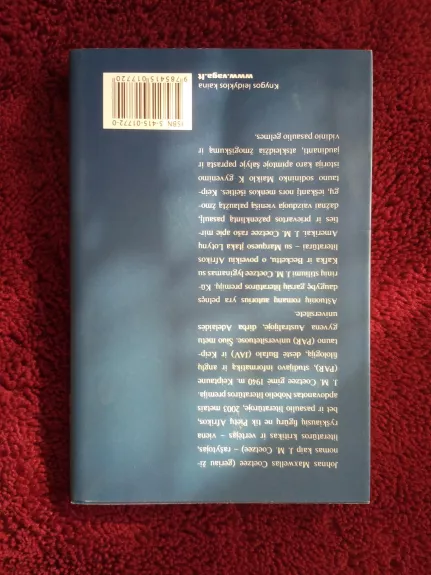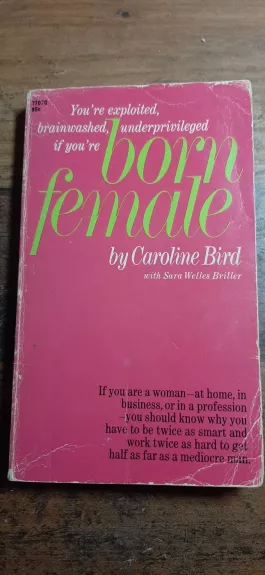
Disgrace
Set in post-apartheid South Africa, J. M. Coetzee’s searing novel tells the story of David Lurie, a twice divorced, 52-year-old professor of communications and Romantic Poetry at Cape Technical University. Lurie believes he has created a comfortable, if somewhat passionless, life for himself. He lives within his financial and emotional means. Though his position at the university has been reduced, he teaches his classes dutifully; and while age has diminished his attractiveness, weekly visits to a prostitute satisfy his sexual needs. He considers himself happy. But when Lurie seduces one of his students, he sets in motion a chain of events that will shatter his complacency and leave him utterly disgraced.
Lurie pursues his relationship with the young Melanie—whom he describes as having hips “as slim as a twelve-year-old’s”—obsessively and narcissistically, ignoring, on one occasion, her wish not to have sex. When Melanie and her father lodge a complaint against him, Lurie is brought before an academic committee where he admits he is guilty of all the charges but refuses to express any repentance for his acts. In the furor of the scandal, jeered at by students, threatened by Melanie’s boyfriend, ridiculed by his ex-wife, Lurie is forced to resign and flees Cape Town for his daughter Lucy’s smallholding in the country. There he struggles to rekindle his relationship with Lucy and to understand the changing relations of blacks and whites in the new South Africa. But when three black strangers appear at their house asking to make a phone call, a harrowing afternoon of violence follows which leaves both of them badly shaken and further estranged from one another.




















